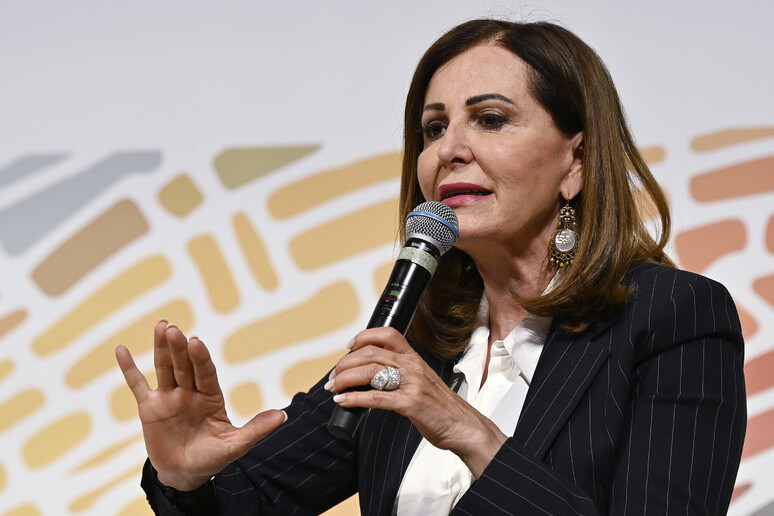Italian Tourism Minister Daniela Santanché on Thursday urged the country to move away from a purely numbers-driven approach to tourism, calling instead for a renewed focus on quality, sustainability, and authenticity.
“It’s time to change course,” Santanché said in a keynote speech at the International Forum on Italian Tourism, held in Florence. “The future of tourism can no longer be measured just by arrivals. We need to focus on offering meaningful experiences that showcase and protect the true value of our heritage.”
While international tourism continues to rebound, Italy reached a new high of 458 million visitors in 2024. But Santanché warned that such figures, though impressive, do not guarantee long-term value for local communities or cultural preservation.
“The challenge is not luxury,” she said. “It’s about raising the quality of services at every level—whether affordable or high-end—so that tourism is a genuine asset to our country.”
Tuscany, one of Italy’s top destinations, remains a cornerstone of that vision. With eight UNESCO World Heritage sites and a renowned culinary and artistic tradition, the region welcomed nearly 12 million tourists in the first five months of the year, a 4.2% increase over 2023.
A central theme of the forum, organized by financial daily Il Sole 24 Ore, was “distributed tourism”—an effort to spread visitor flows beyond Italy’s most popular destinations. Santanché pointed to inland towns and rural villages, long a focus for Tuscany, as examples of a model worth expanding.
“These smaller areas, often left out of traditional tourism circuits, are seeing the fastest growth,” she said. “We’ve allocated specific funding to help them promote their identity and attract visitors who are looking for authentic, less commercialized experiences.”
Tourism driven by events and conferences also emerged as a strategic pillar. Santanché praised Italy’s rise in global conference tourism rankings, now second only to the United States, and cited upcoming events such as the Milan-Cortina 2026 Winter Olympics and the Internazionali di Tennis in Rome as key to extending the tourist season and broadening the country’s appeal.
Yet even as the sector celebrates its rebound, tensions over overtourism surfaced during the forum. Outside the event, a group of demonstrators protested the growing trend of converting historic buildings into luxury apartments—a development they argue threatens the soul of cities like Florence.
Their message was blunt: tourism must not come at the expense of community identity.
“It’s about balance,” one protester said. “If we’re not careful, we risk turning our cities into stage sets, stripped of the life that makes them worth visiting in the first place.”












